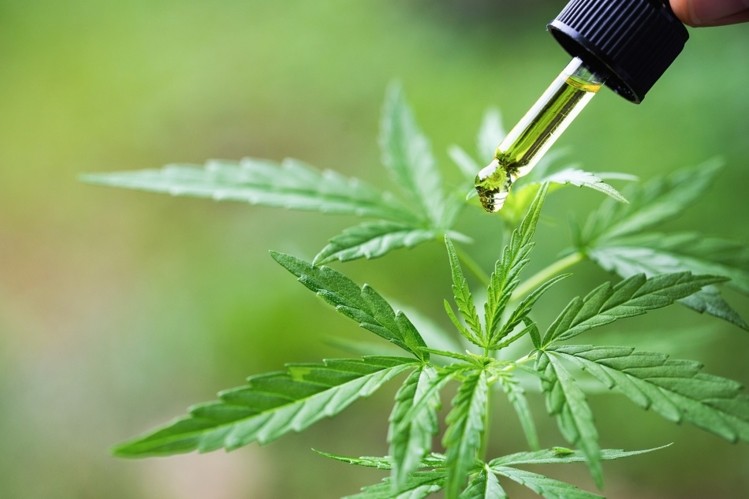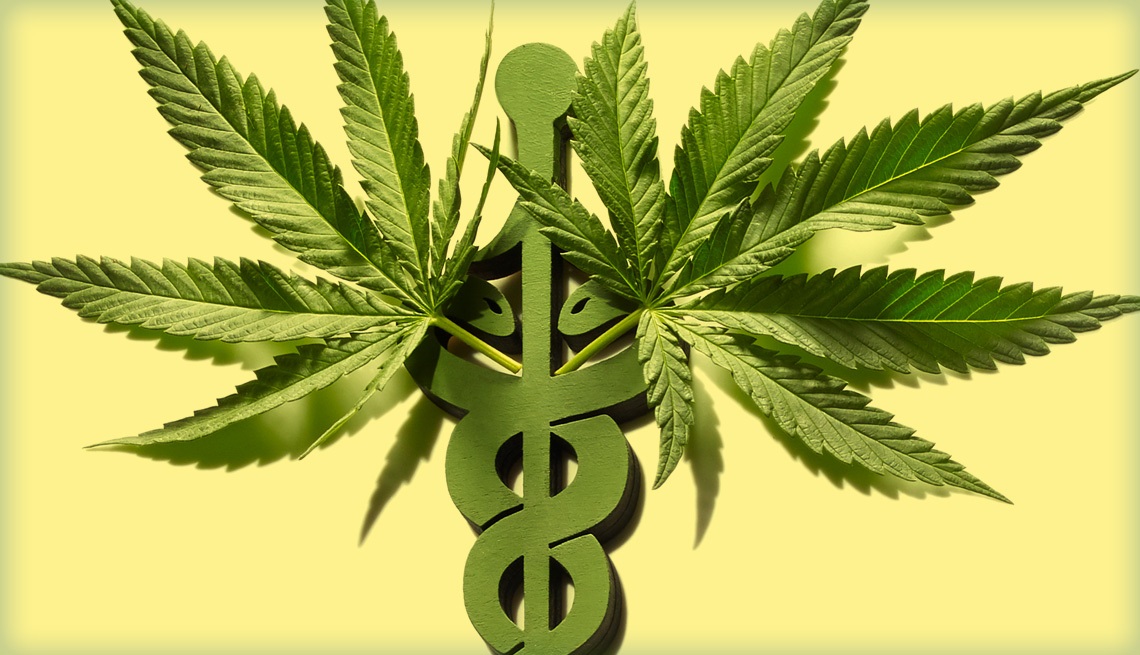Kicking your marijuana habit could be as easy as taking CBD according to results from the first-ever randomized clinical trial of CBD for cannabis use disorder.
The results indicated that prescribed doses of the non-intoxicating part of the cannabis plant could help people quit cannabis.
The MRC-funded trial was published in the Lancet Psychiatry and in the trial, researchers administered CBD or placebo to 82 volunteers who were motivated to quit using cannabis but had previously failed to do so.
The researchers measured the effects of the drug on levels of cannabis use both during a four-week treatment period and up to six months follow-up.
Three different doses of CBD were tested in an adaptive design to find out which doses might be most effective:
48 volunteers received either placebo or CBD at doses of 200mg, 400mg or 800mg in the first stage of the trial. The researchers found that the lowest dose of 200mg CBD was ineffective and so they dropped it from the trial.
Then in the second stage of the trial, the researchers recruited an additional 34 volunteers to receive either placebo, 400mg or 800mg CBD. At the end of the trial, the researchers found consistent evidence that CBD at 400mg or 800mg was more effective than placebo at reducing cannabis use.
Participants treated with CBD showed lower levels of cannabis in their urine and an increased number of days abstinent compared to those treated with placebo.
Lead author Dr. Tom Freeman, who is the Director of the Addiction and Mental Health Group within the Department of Psychology at the University of Bath said, “The results from our trial open up a novel therapeutic strategy for managing problematic cannabis use in clinical settings. As we highlight, CBD at daily oral doses of 400mg and 800mg has potential to address the substantial and currently unmet clinical need for a pharmacological treatment of cannabis use disorders.
“Whilst it may seem counterintuitive to treat problematic cannabis use with CBD—a constituent part of the cannabis plant—THC and CBD have contrasting effects on our own endogenous cannabinoid system. Unlike THC, CBD does not produce intoxicating or rewarding effects and it shows potential for a treating several other medical disorders.”


